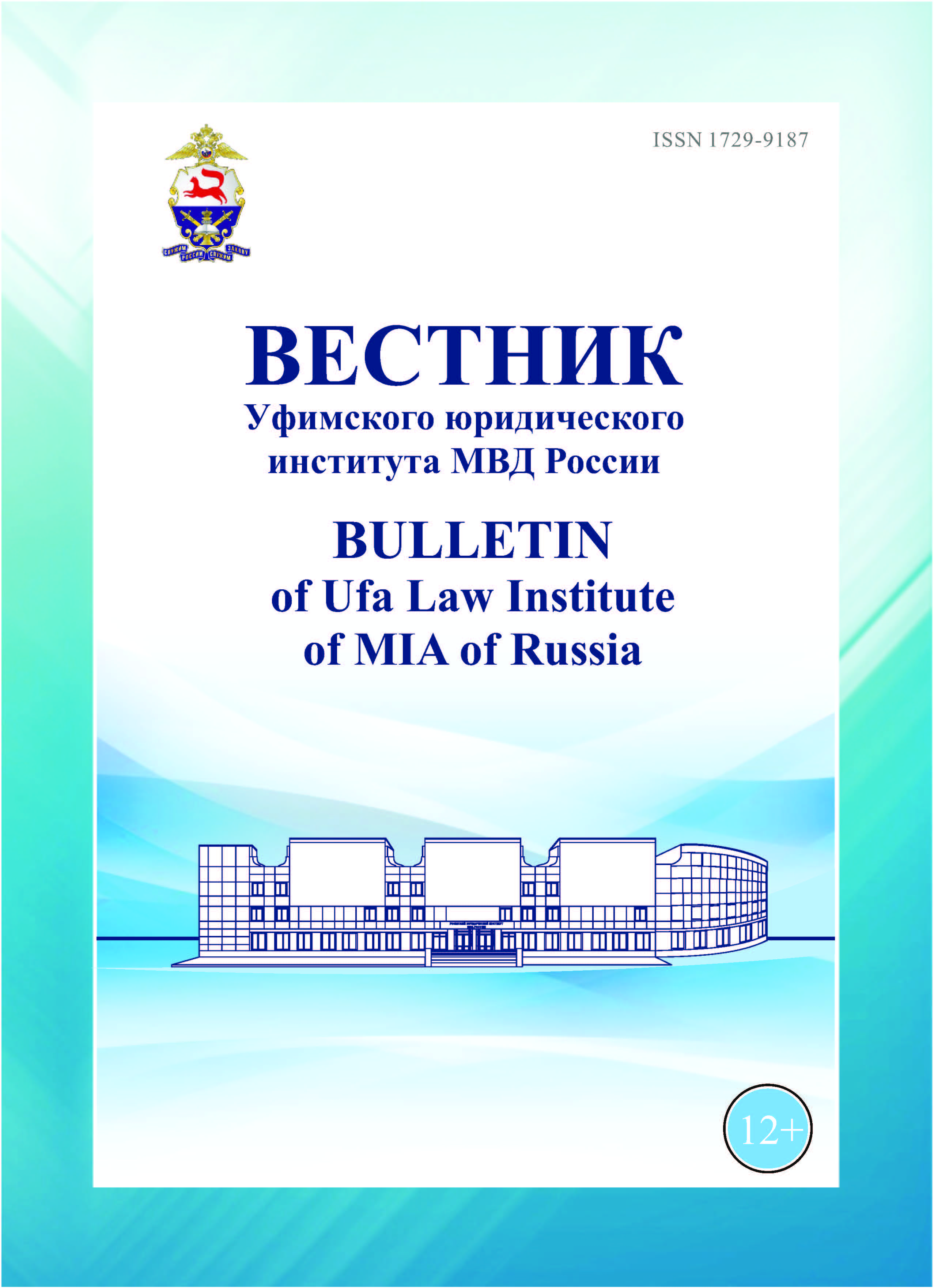Sankt-Peterburg, St. Petersburg, Russian Federation
UDC 004
In their study, the authors consider current issues of information security and strategies to counter hybrid threats in the modern world, they position information as a means of influence and a tool in hybrid wars and information operations. One of the most important issues considered in the article is the problem of ensuring information security and maintaining national stability in the state, in the context of events taking place in various regions of the world. In the article, the authors call for action and cooperation in the field of information security, in order to make the world more resilient and able to withstand various hybrid threats. The article examines the essence of information operations, information strikes and information maneuvers, and identifies the objects to which information warfare is directed in various fields of activity, such as politics, society, diplomacy and military affairs. Special attention is paid to the role of youth as an important object of information warfare. In the final part of the article, the authors propose concepts and measures to effectively combat challenges, including the development of “soft power” strategies, operational foundations for countering hybrid wars and the creation of the necessary technical and personnel base.
information security, information warfare, hybrid wars, information operations, geopolitical threats, soft power, international cooperation
1. Ivanov A. A. Information war: technologies and methods // Bulletin of information technologies. No. 1. 2019. P. 45–56. (In Russ.)
2. Sidorova E. B. Hybrid threats and information security of the state // National security. No. 2. 2018. P. 112–125. (In Russ.)
3. Kozlov G. I. The role of information technologies in hybrid conflicts // Military science. No. 4. 2019. P. 34–47. (In Russ.)
4. Zaitsev D. S. Information war as a method of influencing society // Political studies. No. 2. 2020. P. 56–69. (In Russ.)
5. Gorbunov N. N. Manipulation of public opinion: history and modern challenges // Sociological studies No. 1. 2018. P. 90–102. (In Russ.)
6. Mikhailov P. P. Experience of countering information aggression: lessons for Russia // Military Affairs. No. 3. 2021. P. 23–35. (In Russ.)
7. Kotova M. A. Cybersecurity and hybrid threats: current challenges and defense strategies // Computer science. No. 4. 2019. P. 67–80. (In Russ.)
8. Gavrilova, O. S. Information counteraction to hybrid threats: Russia’s experience and international aspects // Modern security issues. No. 1. 2018. P. 23–36. (In Russ.)
9. Kozlov M. V. The role of youth in the information war: challenges and opportunities // Information security and communications. No. 5. 2017. P. 12–25. (In Russ.)
10. Belov O. I. Information Impact on Young People: Challenges and Prospects // Social Psychology. No. 2. 2020. P. 45–58. (In Russ.)
11. Melnichuk V. A. Preventive Activities to Prevent Extremism in the Russian Federation // Military-Legal and Humanitarian Sciences of Siberia. 2023. No. 2 (16). P. 42–50. (In Russ.)
12. Petrov V. V. Soft Power in World Politics: Analysis and Prospects // International Relations. No. 3. 2020. P. 78–89. (In Russ.)
13. Lebedeva E. M. The Influence of Soft Power on International Relations: Aspects of Psychological Warfare // International Security. No. 3. 2021. P. 67–79. (In Russ.)
14. Petrov A. N. Modeling and analysis of information operations in hybrid wars // Military strategy and technology. No. 2. 2020. P. 45–58. (In Russ.)
15. Smirnov V. P. Information warfare as a component of hybrid conflicts: aspects of strategy and tactics // International relations and security. No. 4. 2019. P. 34–47. (In Russ.)









